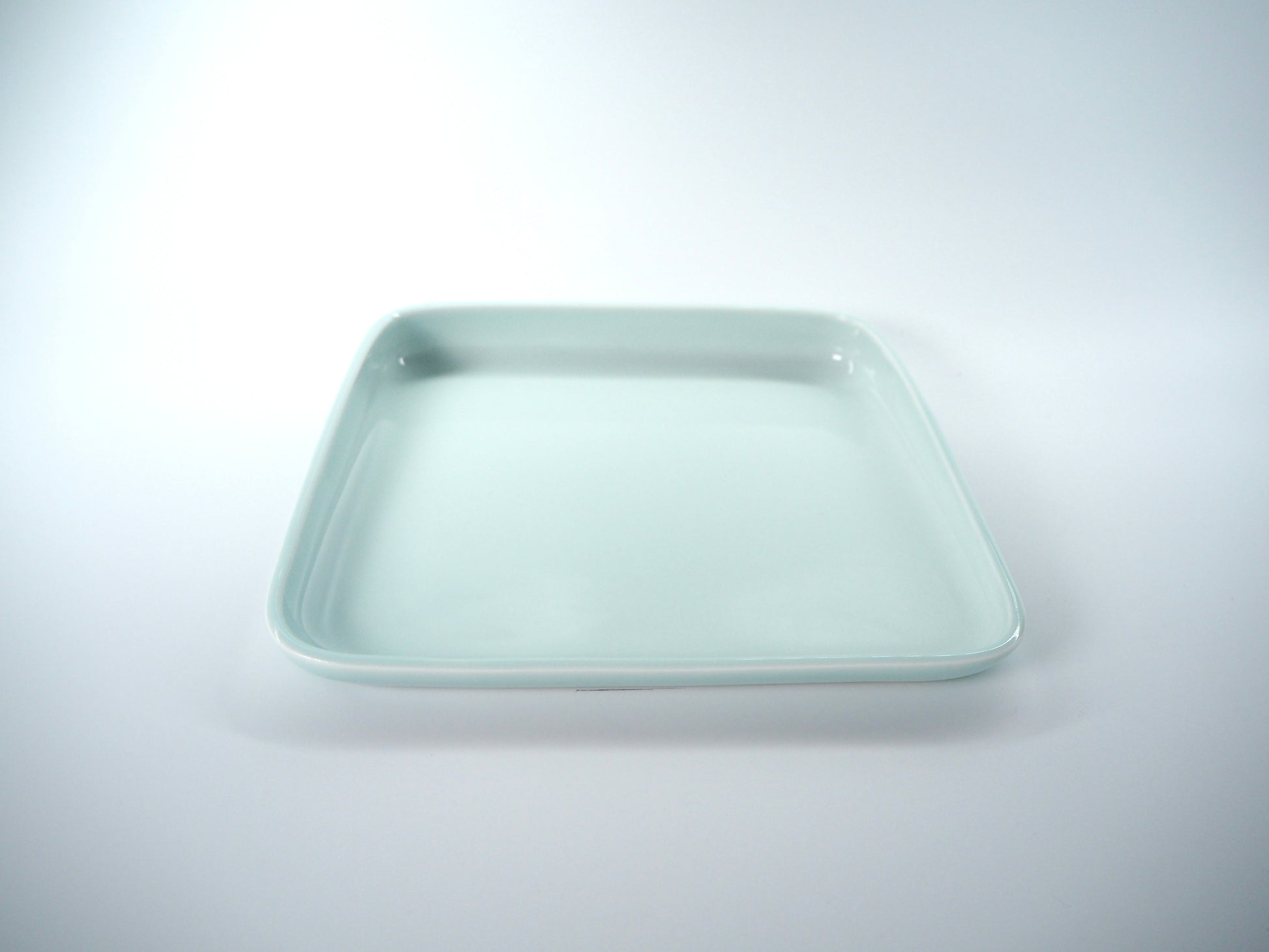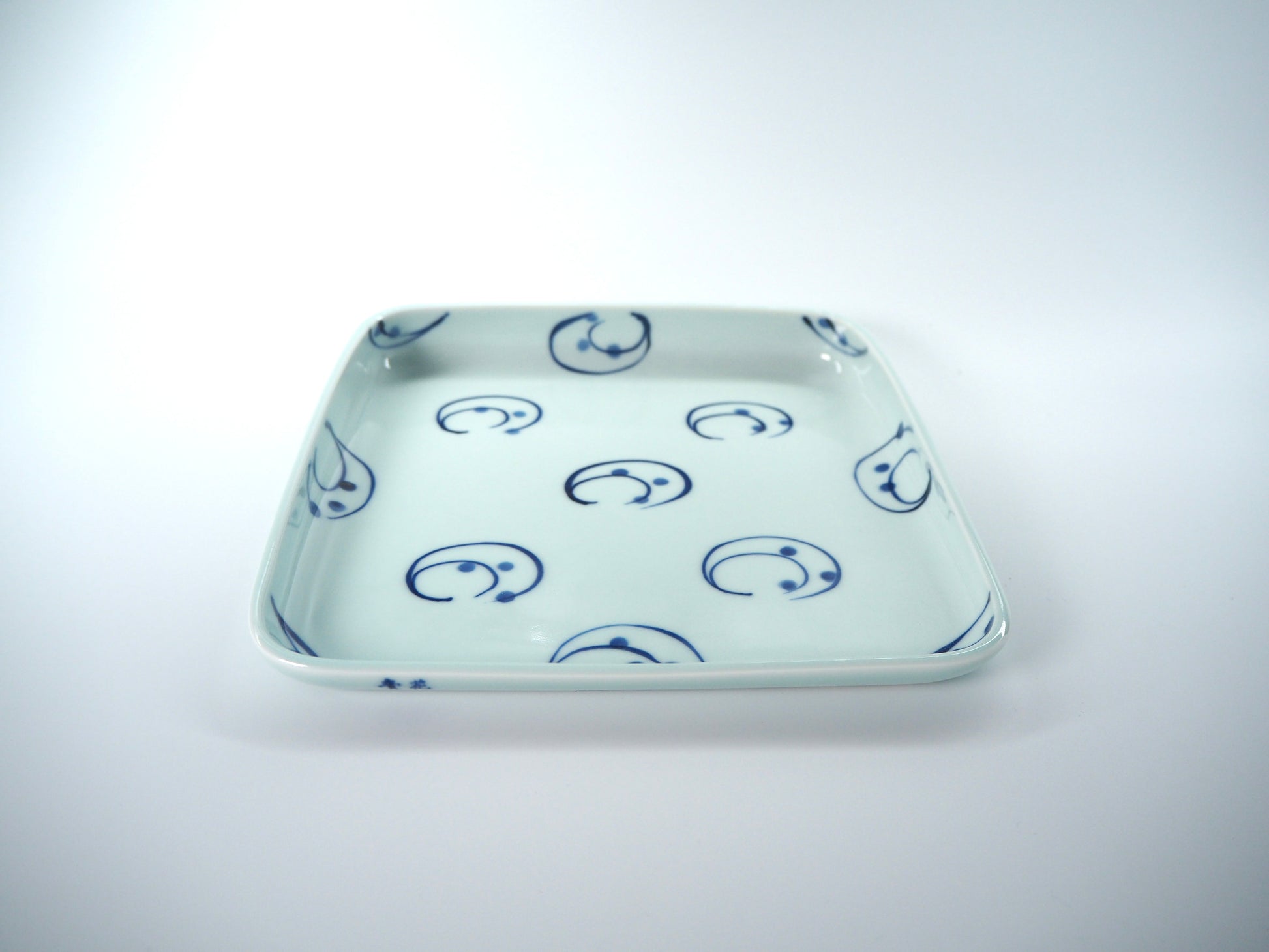DEKU-KOBO
Easy scooping cutlery plates
Couldn't load pickup availability
target person
target person
"Current symptoms: tremor, hand weakness, hemiplegia, blurred light and shade (black recommended), physical weakness Name of the disease you suffer from: cerebrovascular disease, cerebral palsy, cervical spinal cord injury, hydrocephalus, Parkinson's disease, cataract, Glaucoma, diabetic color blindness, etc."
Material
Material
porcelain
size
size
Large…diameter 19×19cm/depth 3cm
Small…diameter 17 x 17cm/depth 3cm
weight
weight
Large…550g
Small…450g
mail
Japan…About 1 to 2 weeks China…Around 2 to 3 weeks
Handling Precautions
Handling Precautions
◎There is a danger of rupture if subjected to strong impact.
◎ Can be used in ovens and microwaves.
◎ Do not use it over an open flame.
◎ Do not use a golden brush or abrasive (cleaner, etc.) to clean.
◎Dishwasher is not recommended.
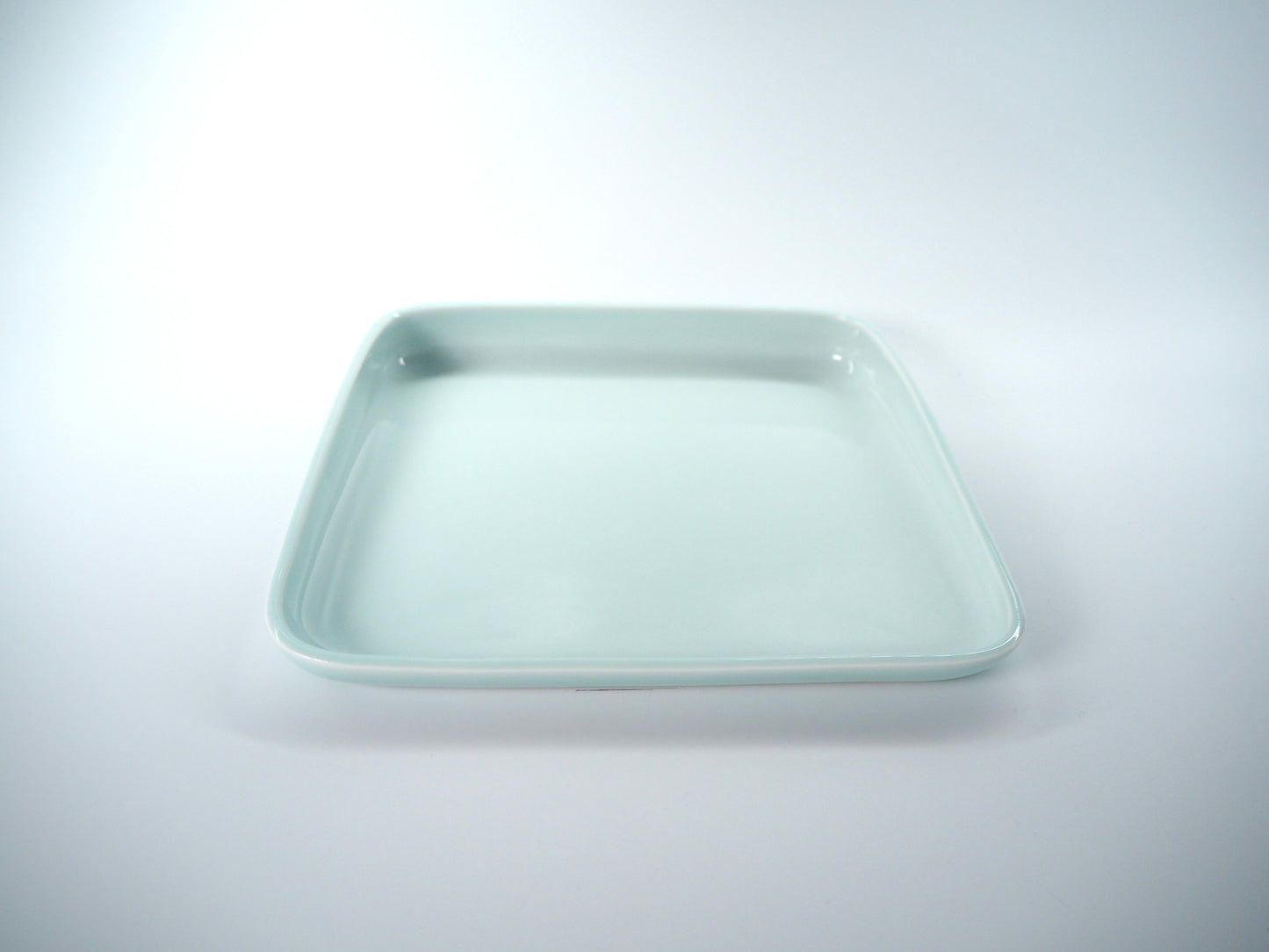
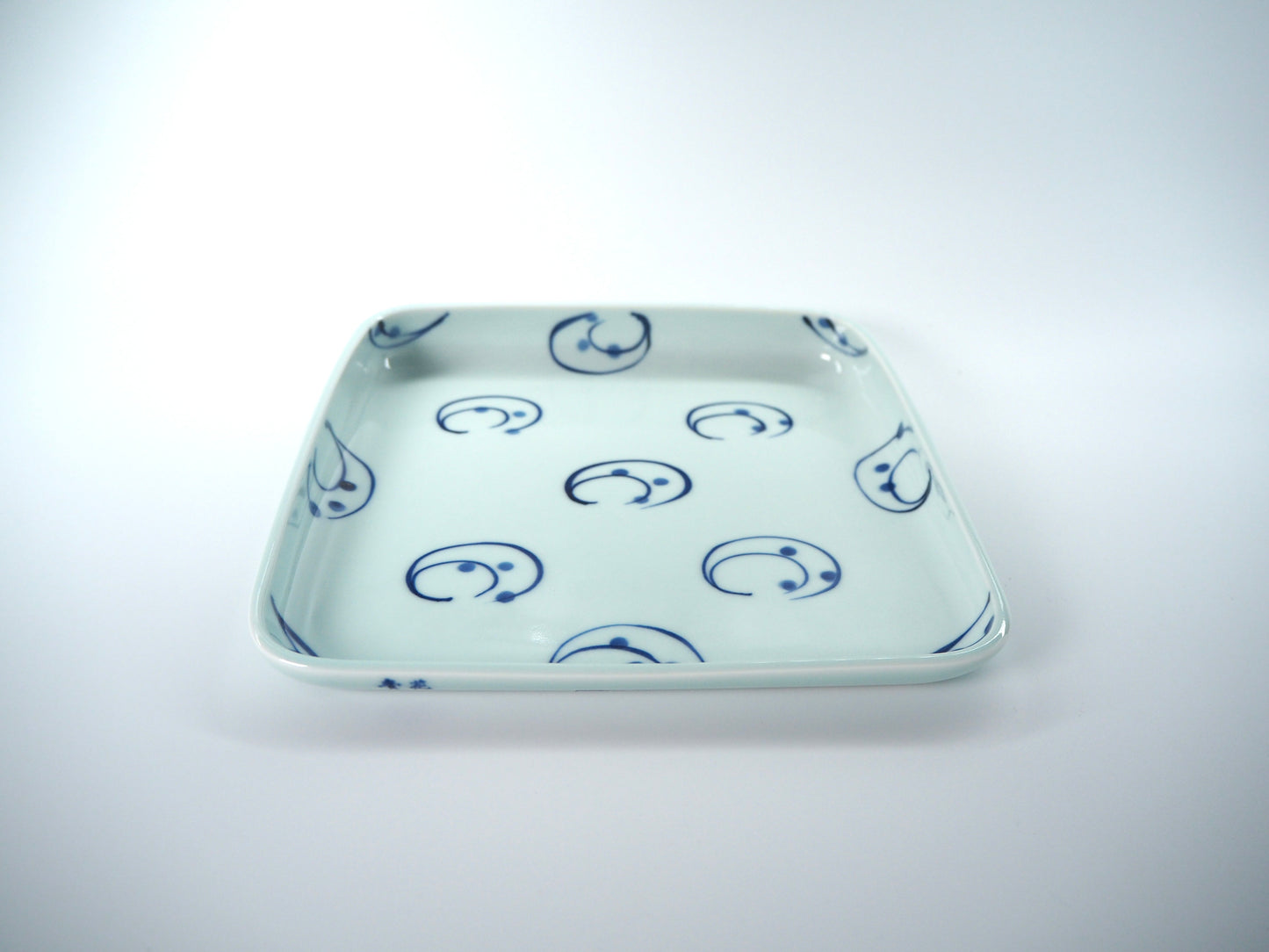
Features
-

◆Easy to hold
Once you have the experience of holding this mug, you will fall in love with its feel. The bottom of the cup is wide and flat, and the handle also touches the table top, minimizing the chance of tipping over.
-
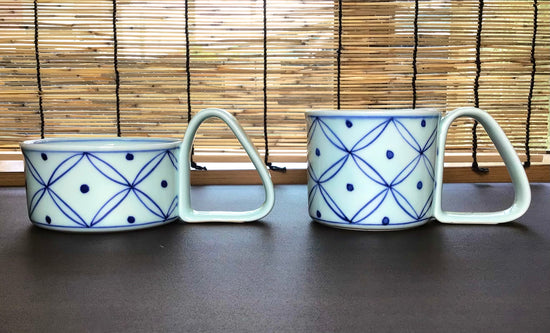
◆Not easy to fall
The bottom of the cup is wide and flat. The handle also touches the table. It is a shape that minimizes the possibility of falls.
Especially recommended for those who are concerned about tremors, those whose hands move involuntarily, and those who have knocked over their cups. -
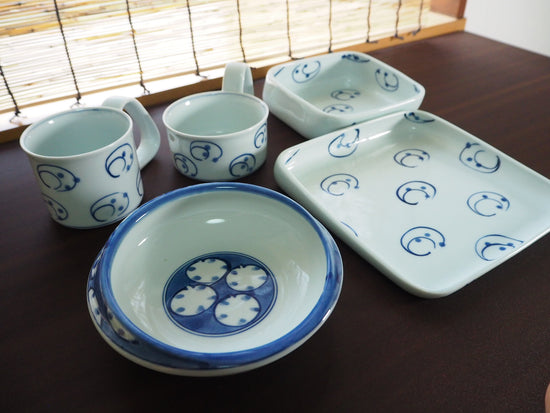
◆Arita Porcelain
This is a beautiful piece of Arita ware known as a traditional Japanese kiln. Microwave, oven and dishwasher available.
Product advantages
◆Assist in self-reliance
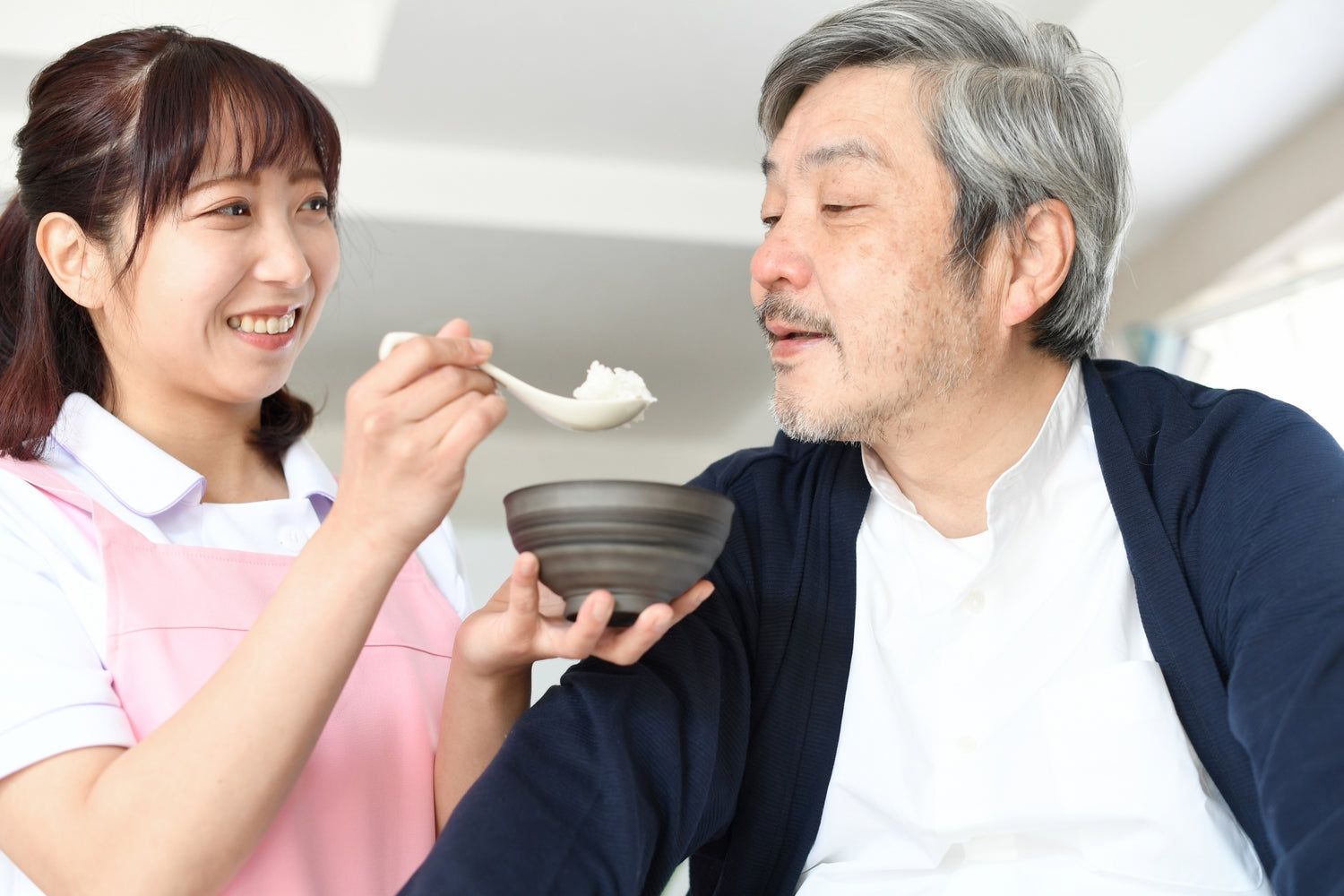
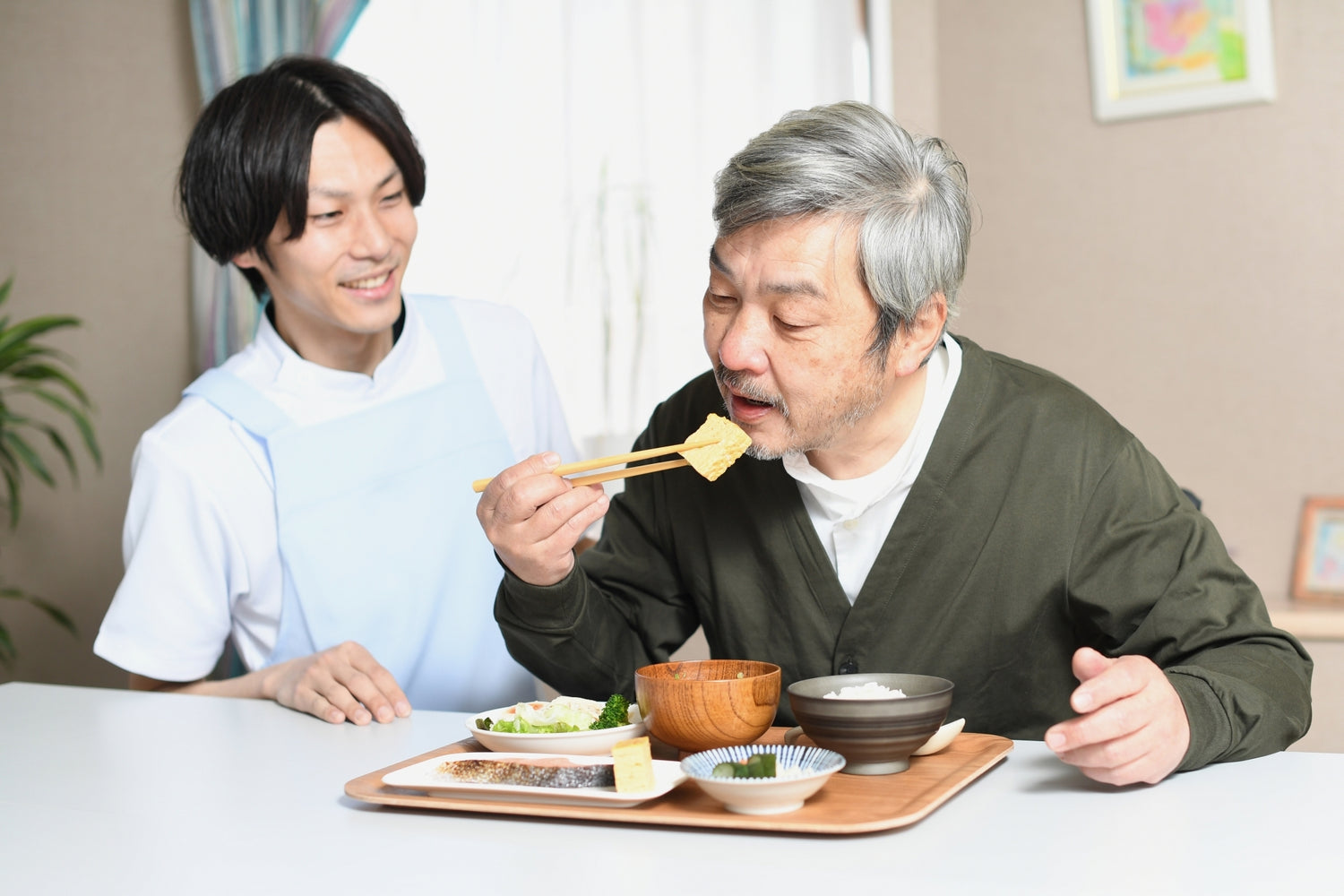
One of the most important concepts in long-term care is "assisted self-reliance". Even after suffering a disability, try to do what you can do by yourself by making full use of the capabilities of the patient. This tableware can play the ability of hemiplegia patients to eat by themselves. Because hemiplegic people eat with one hand, it is difficult to hold utensils or move them finely, and food spills or leftovers on the plate are inevitable. The easy-to-scoop cutlery has a wide bottom, moderate weight and stability, and inwardly curved edges. Therefore, even one hand can easily scoop and eat without the help of others.
◆The pleasure of dining

Utensils are very important for enjoying a meal. Ceramics from China were introduced to Japan, and Japan also developed unique ceramic technology. Among them, Arita, which has gathered many famous kilns, has a long-standing reputation and is known as the "Jingdezhen" in Japan. This plate is fired in the kilns in the Arita area.
Plates used by people with disabilities are usually made of plastic due to factors such as price and non-breakability, as well as ease of manufacture in different shapes. However, the food in the plastic plate didn't look that tasty anyway.
Even people with disabilities don't change how they feel. This tableware is not only easy to use, but also beautiful. This tableware is something that everyone wants to use, regardless of whether they have a disability or not. Having access to the same utensils as everyone else, eating becomes a treat.
◆Reduce the burden on caregivers


Being able to eat by myself, I myself will think that eating is a kind of enjoyment, and it can reduce the burden of caring family members and relatives. Not only is the need to assist with feeding gone, but there is also less disposal of food spills and leftovers. Also, and most importantly, by stimulating one's will, one will promote appetite and prevent diet-related diseases. The disease includes the development of bedsores caused by malnutrition and aspiration pneumonia caused by reluctance to eat. By preventing these diseases, the resulting need for further care can be avoided.
Collections
-
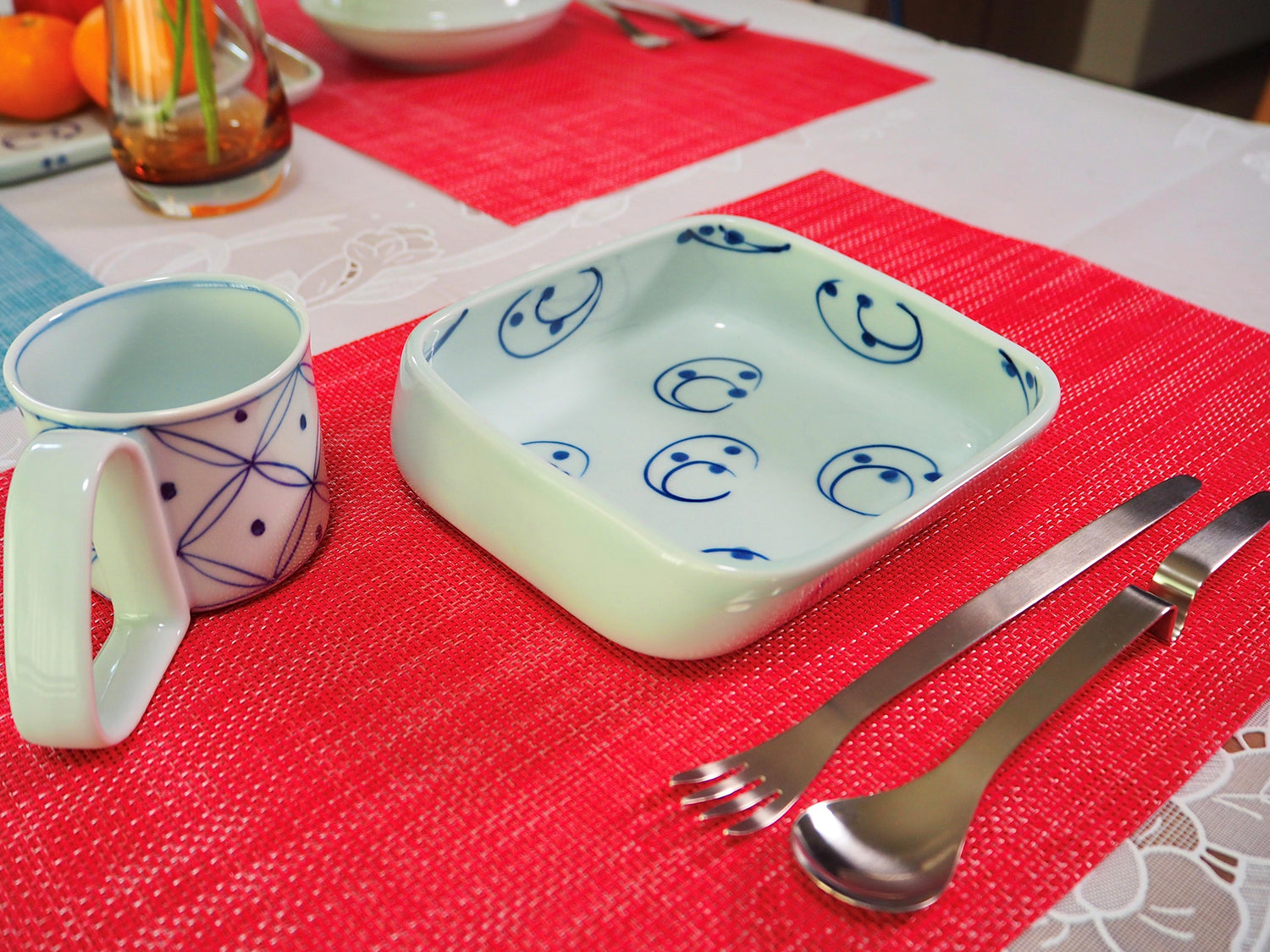
Welfare items as gifts
" I hope you stay healthy forever " " I want you...
-
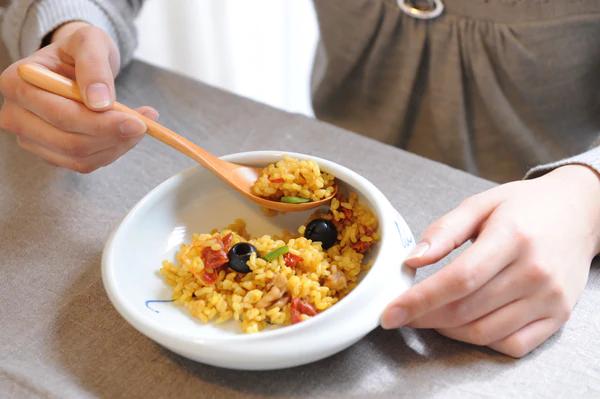
"Easy Scooping Cutlery"
◆Easy to scoop Food can be scooped naturally by pushing the spoon...

